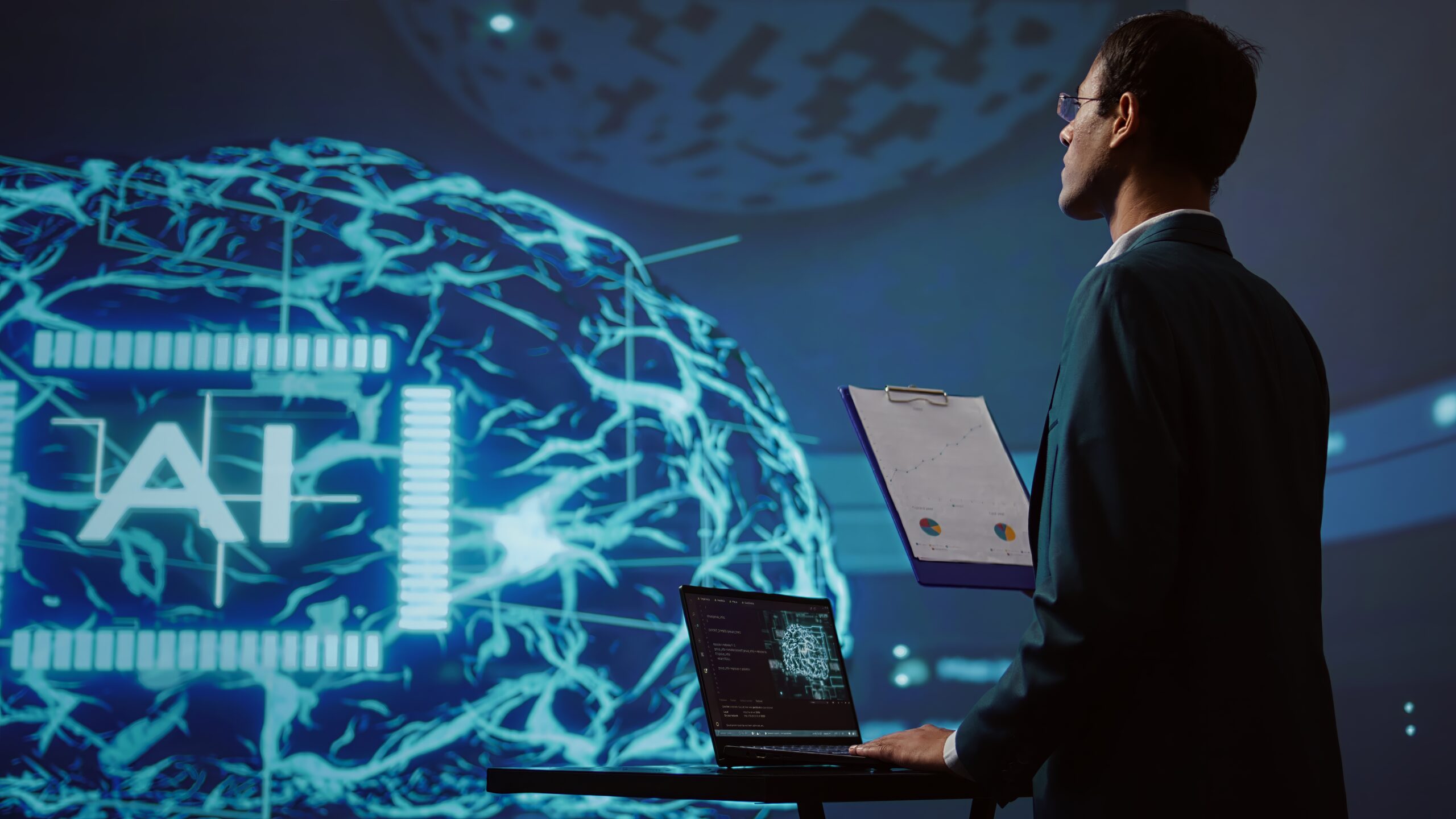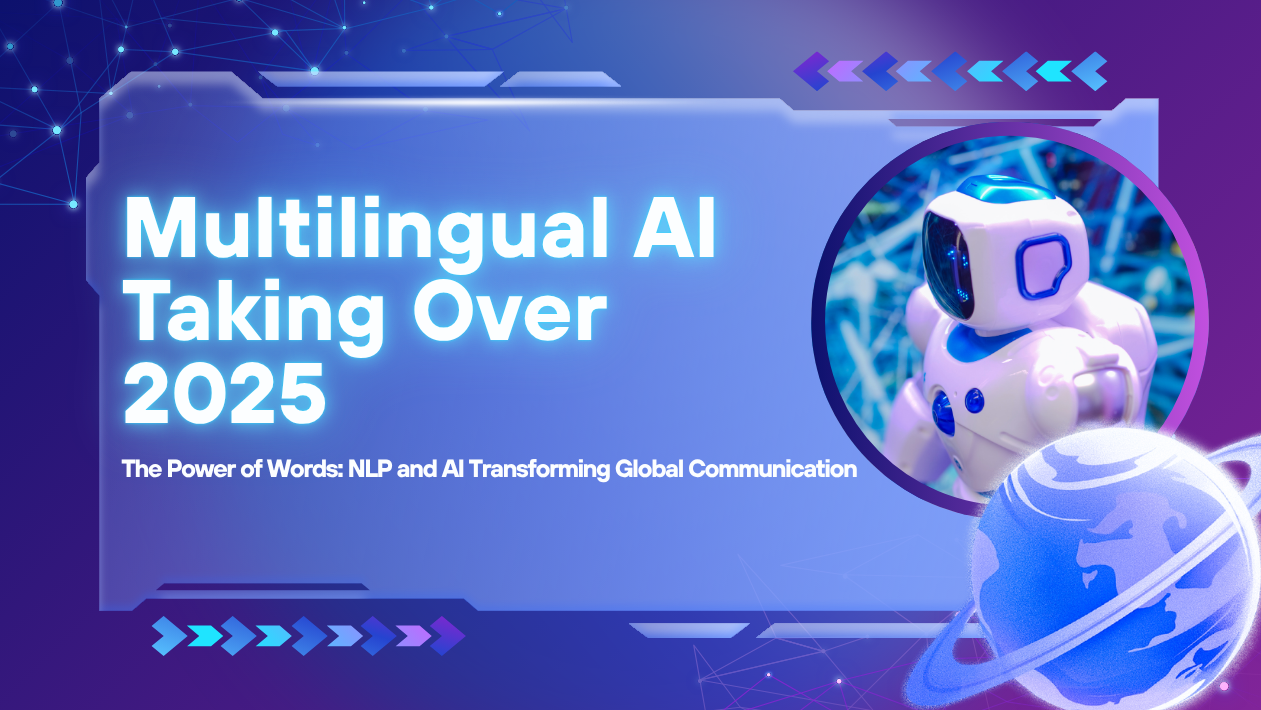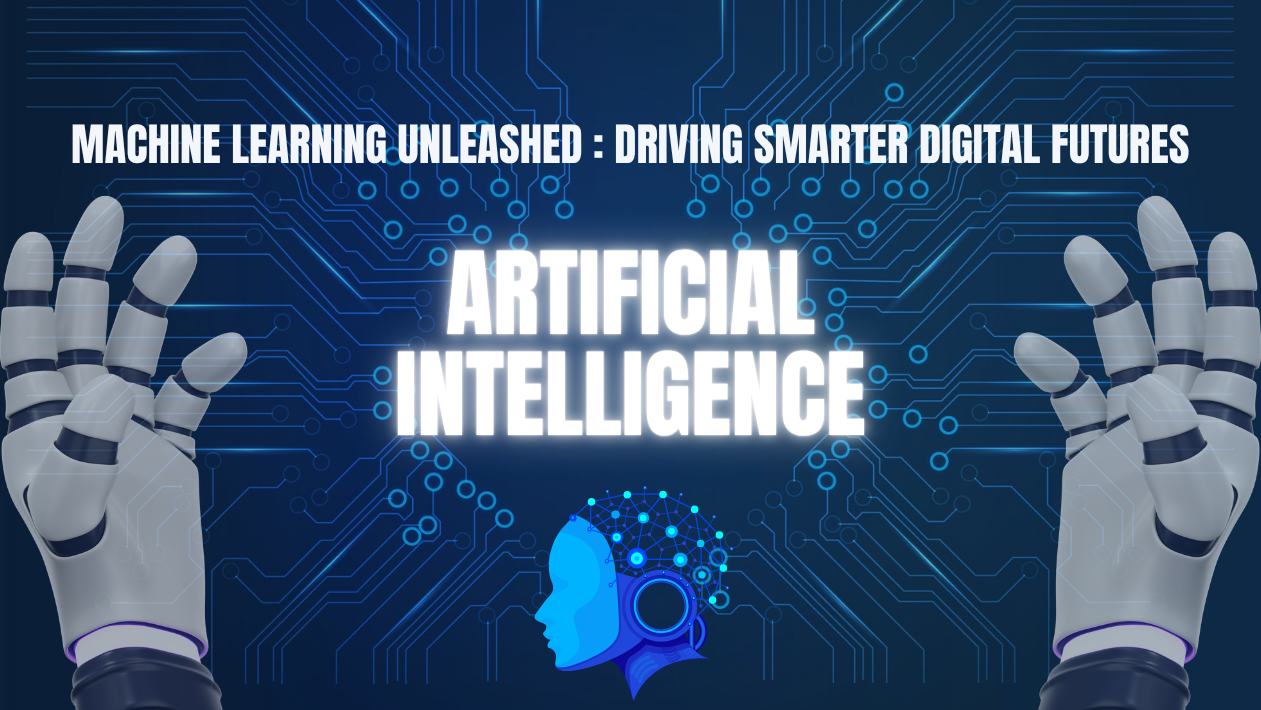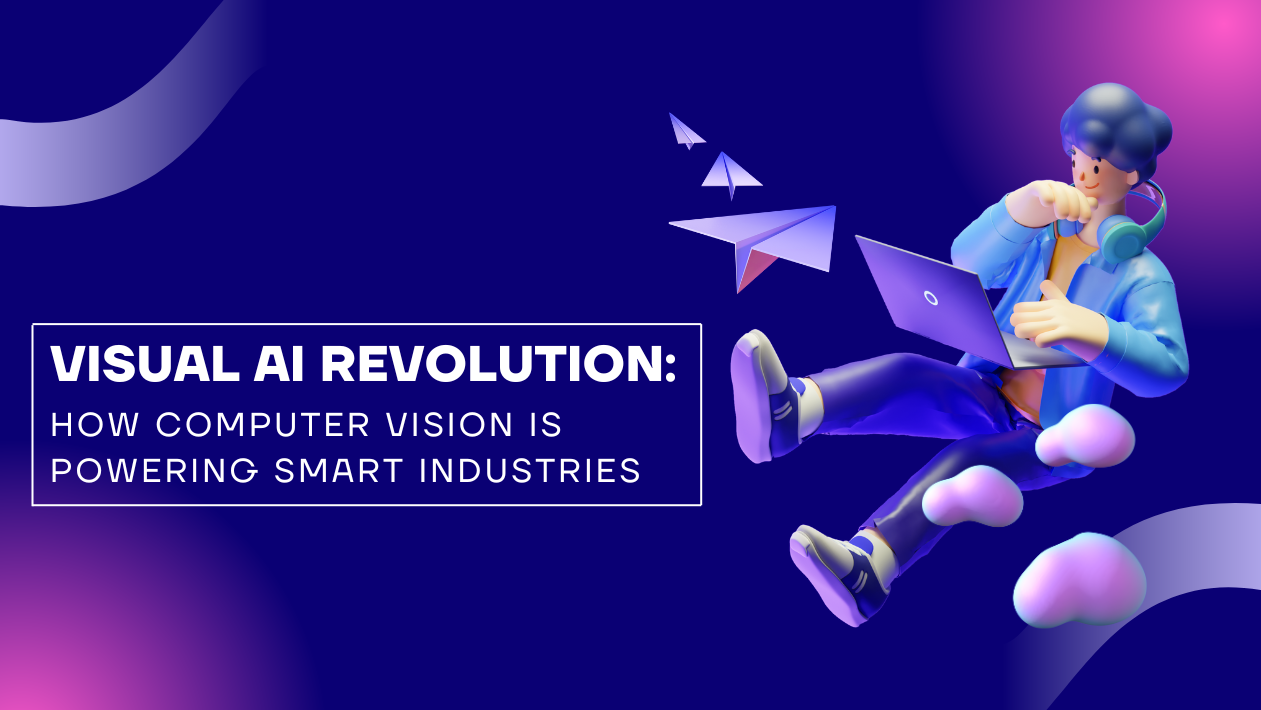As AI systems take on more decision-making roles, determining accountability becomes increasingly complex. Who is responsible when an AI system causes harm or makes an erroneous decision?
Defining Accountability in AI
Establishing clear lines of accountability is essential to ensure that those who develop, deploy, and utilize AI systems are held responsible for their actions and decisions.
Legal and Ethical Implications
Current legal frameworks may not adequately address the nuances of AI decision-making, necessitating updates to laws and regulations to encompass AI-related issues.
The Role of Developers and Organizations
Developers and organizations must implement robust testing, monitoring, and oversight mechanisms to ensure that AI systems operate as intended and do not cause unintended harm.
Public Trust and Confidence
Transparent practices and clear accountability structures can help build public trust in AI technologies and their applications.
Moving Forward Developing comprehensive accountability frameworks for AI is crucial to ensure ethical and responsible use of these technologies.





